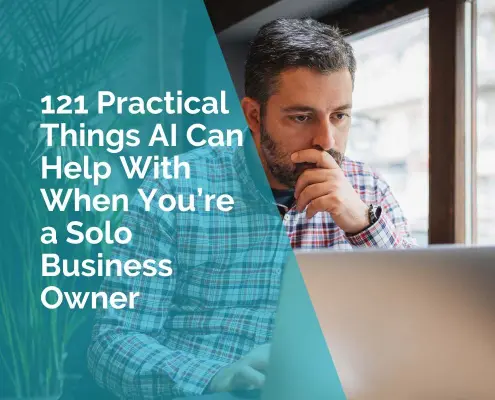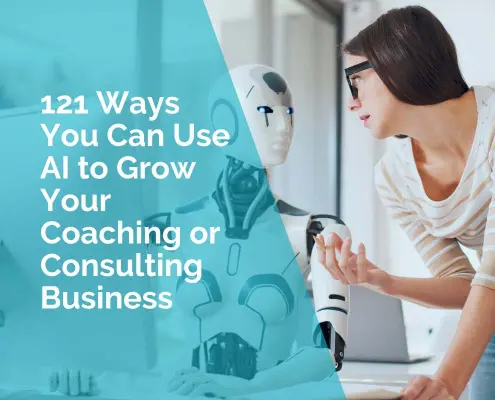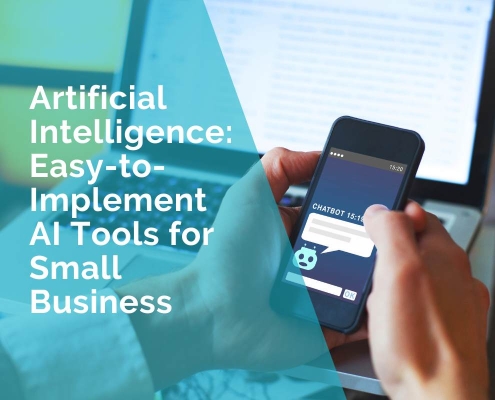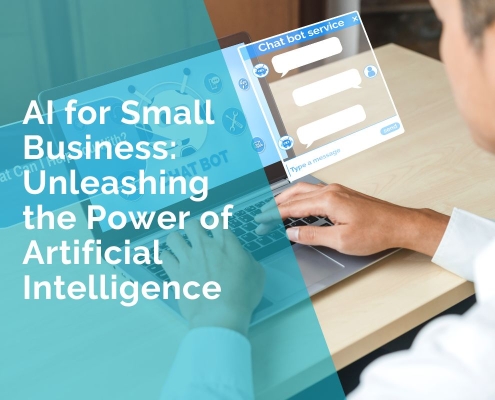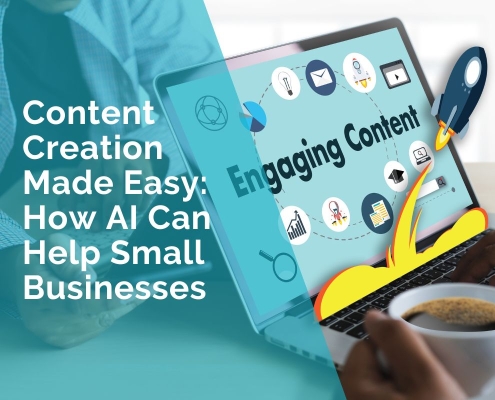Understanding the Risks of AI-Generated Contracts
As artificial intelligence (AI) becomes more integrated into business processes, legal departments and businesses are exploring how AI can streamline contract creation. AI contract generator tools are designed to help legal teams quickly generate contracts and customize them to meet specific business needs. While AI-driven contract generators offer numerous advantages, they also come with potential risks that should be understood and mitigated.
The Rise of AI in Contract Generation
AI contract generation tools are becoming essential tools for modern legal departments. These tools are designed to help businesses create accurate legal documents quickly by automating many aspects of contract drafting. Whether it’s an AI lease agreement generator or a custom partnership agreement, AI tools can save time and effort by generating the majority of the document based on predefined inputs.
While AI’s role in contract generation can improve efficiency, it’s important to be mindful of the risks involved. Let’s explore the potential drawbacks and challenges that come with relying on AI to generate contracts.
Inaccuracy in Contract Interpretation
One of the biggest risks of AI-generated contracts is the potential for inaccuracy in contract interpretation. While AI can process vast amounts of data and recognize patterns, it is still reliant on algorithms that may not fully understand the nuances of complex legal language. Contracts often require careful interpretation of terms, clauses, and legal implications, and AI may misinterpret or fail to capture subtleties that a human expert would notice.
For example, an AI legal contract generator may struggle to interpret specific industry jargon or fail to account for jurisdictional differences that could affect the contract’s validity. It’s important for legal teams to carefully review AI-generated contracts to ensure that the language aligns with their intentions and that no critical details have been missed.
Lack of Human Oversight
AI tools are designed to assist legal professionals, but they should never replace human oversight. An agreement generator AI tool produces contracts quickly, but it doesn’t have the ability to think critically about the specifics of each case or the broader implications of the terms. Without a human lawyer reviewing the generated contract, there’s a risk of missing key clauses, miswording terms, or making assumptions about what is legally binding.
An AI contract generator should be viewed as a helpful tool rather than a replacement for a legal expert. Human expertise is still crucial to ensure that the contract meets legal standards, reflects the intent of all parties, and doesn’t overlook potential risks or obligations.
Data Privacy and Security Concerns
Another significant risk associated with AI-powered contract generation is data privacy and security. Legal contracts often involve highly sensitive information, including financial terms, intellectual property rights, and personal data. When using AI tools to create or store contracts, businesses must ensure that the AI system adheres to strict data security protocols.
AI tools like the AI smart contract generator need to comply with data protection regulations such as GDPR or HIPAA to ensure that sensitive information is not exposed or misused. If the AI platform lacks adequate encryption, access control, or secure storage measures, businesses risk exposing confidential data to potential breaches.
Compliance and Legal Standards
Ensuring compliance with relevant legal standards is a critical aspect of contract creation. Contracts must comply with laws, regulations, and industry standards that vary by jurisdiction. AI agreement generators are programmed to follow legal frameworks, but they are only as effective as the data they’ve been trained on.
For example, an agreement AI generator that is not updated with the latest legal standards could produce contracts that do not comply with new laws. Contract generator AI tools must be regularly updated to reflect the latest regulatory changes to avoid the risk of non-compliance. Businesses should ensure that the AI platform they are using is equipped with real-time updates and that legal experts are involved in reviewing contracts before final approval.
Bias in AI Algorithms
One often overlooked risk of using AI tools for contract generation is the potential bias in AI algorithms. AI models learn from existing data sets, which may contain biases that get transferred into the tool’s output. For instance, if an AI system is trained on contracts that disproportionately favor one party’s interests, it may unintentionally produce contracts that are unfair or one-sided.
It’s essential for businesses to be aware of the possibility of AI bias in contract creation and to regularly audit the generated contracts to ensure fairness and equity for all parties involved. By involving human oversight, businesses can ensure that AI-generated contracts are balanced and that they reflect the best interests of all stakeholders.
Over-Simplification of Complex Agreements
AI tools are great for automating simple and standardized contracts. However, they may struggle with more complex, bespoke agreements that require detailed negotiation, nuanced language, or multi-party clauses.
When AI generates contracts for more intricate agreements, there’s a risk that the generated document may oversimplify important provisions or omit essential terms. While AI can handle many elements of contract generation, human input is still necessary to ensure that complex contracts are accurately represented.
Lack of Transparency in AI Decision-Making
AI contract generation tools often operate as a “black box,” meaning that users don’t always understand how the tool arrived at certain conclusions or suggestions. This lack of transparency can be a concern for legal professionals who need to understand every step of the contract creation process.
For example, an AI legal contract generator may suggest certain clauses or terms that appear appropriate based on previous agreements, but the reasoning behind these choices may not always be clear. Legal professionals should ensure that they understand how AI tools make decisions and that they are comfortable with the logic behind contract creation.
Legal Liability and Accountability
AI tools are designed to assist, but the responsibility for legal agreements ultimately lies with the business or legal professional. If an AI-generated contract leads to legal disputes, the question of liability arises. Who is accountable for mistakes or omissions in the contract—the AI system, the company that used the tool, or the legal team overseeing the contract?
To mitigate this risk, businesses should ensure that they have clear guidelines and processes in place for reviewing AI-generated contracts. Legal professionals must maintain oversight to ensure that contracts are legally sound and that AI-generated drafts comply with all necessary regulations.
Mitigating the Risks of AI-Generated Contracts
AI-powered tools like AgreementGen are revolutionizing contract management by improving efficiency and reducing errors in the drafting process. However, it’s important for businesses to be mindful of the risks associated with AI contract generation, including issues with accuracy, bias, security, and compliance.
By understanding these risks and ensuring human oversight, businesses can leverage the power of AI while mitigating potential drawbacks. AI can save legal teams time and effort, but it should never replace the expertise and judgment that human professionals bring to the table. With the right precautions and smart integration, AI-powered contract generators can significantly enhance the contract creation process without compromising quality or security.
***
Anton Lucanus



